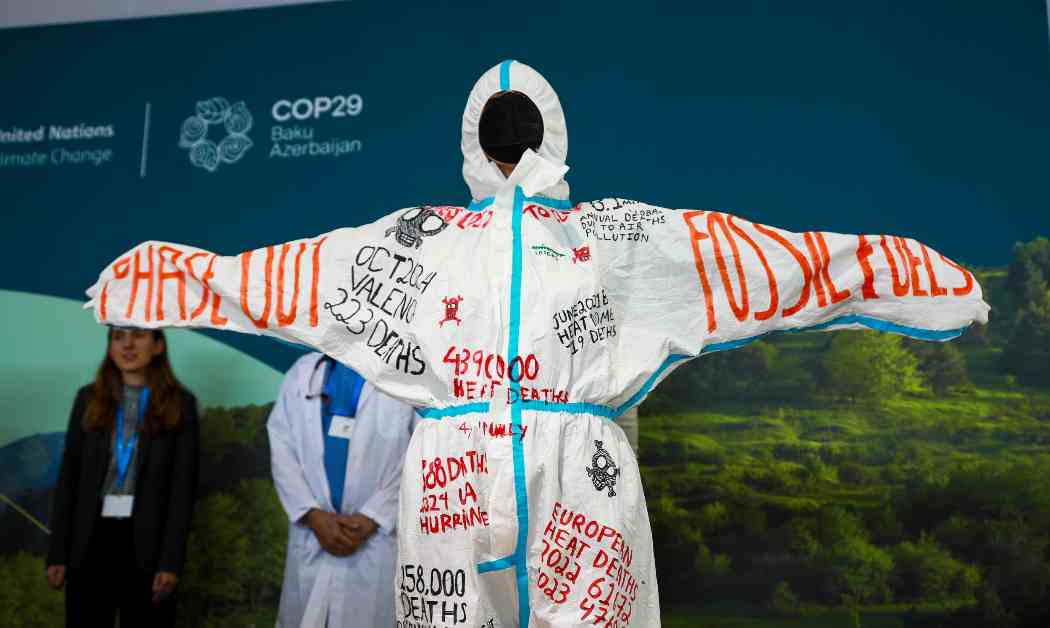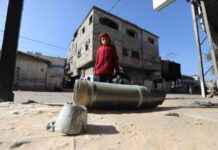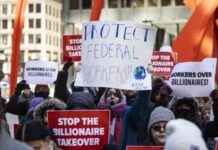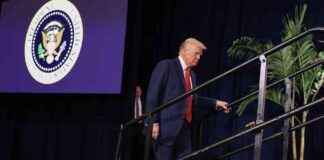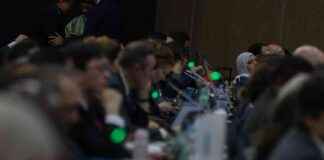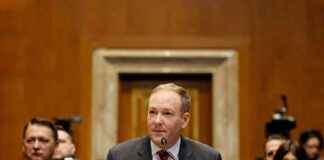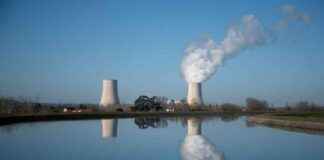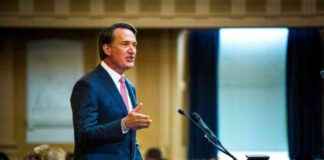Regain Control of COP: Defeating World’s Biggest Polluters
In the aftermath of COP29, the international climate community is grappling with a sense of disillusionment and betrayal. For the third consecutive year, a repressive petrostate has played host to the conference, turning what was meant to be a platform for reducing global emissions into a stage for the world’s biggest polluters to strike deals behind closed doors. The latest installment took place in Baku, Azerbaijan, where the fingerprints of the fossil fuel industry were unmistakably present.
The Murky World of Climate Diplomacy
An undercover investigation by Global Witness uncovered the Azerbaijani COP29 chief executive engaging in discussions about fossil fuel “investment opportunities” before the conference began. Furthermore, Azerbaijan’s president lauded oil and gas as a “gift from god” while his government inked new gas deals with Bulgaria and Slovakia. Amidst this, developing nations were left scrambling for essential climate financing.
The presence of at least 1,773 fossil fuel lobbyists at COP29, as reported by Kick Big Polluters Out, raises concerns about the extent of the industry’s influence. Shockingly, half of the registered participants chose not to disclose their affiliations, casting a shadow of doubt over the transparency of the summit.
The Threat of Climate Corruption
Climate corruption poses a dual threat by undermining the integrity of the negotiation process and eroding trust among nations. How can countries have confidence in the outcomes of COP when private interests are pulling the strings behind the scenes? The rise of climate denialism and skepticism towards multilateralism further accentuates the urgency of combating undue fossil fuel influence.
Strengthening Climate Multilateralism
To restore integrity to COP and multilateral climate action, increased transparency and accountability are imperative. Brazil’s President Lula’s call for a “global ethical assessment” to evaluate climate action from the lenses of justice and equity sets a positive precedent. Recommendations from the Anti-Corruption Data Collective emphasize the need for stringent criteria in selecting host nations and mandating full disclosure of delegate affiliations.
Full Disclosure and Code of Ethics
Enhancing public scrutiny by publishing participant lists and ensuring transparency in host deals are essential steps towards combating corruption at COP. The implementation of a Code of Ethics for elected officials and hosts, as well as rigorous due diligence processes for partnerships, can help prevent conflicts of interest and cronyism. Structural reforms within the UNFCCC and the COP Bureau are necessary to safeguard climate summits from exploitation by those seeking to profit from environmental degradation.
Multilateral climate diplomacy remains our best chance at meaningful climate action. By rooting out corruption and restoring faith in the negotiation process, COP can fulfill its intended purpose of addressing the pressing challenges of climate change head-on. Let us work together to reclaim control of COP and ensure that it remains a beacon of hope for a sustainable future.

